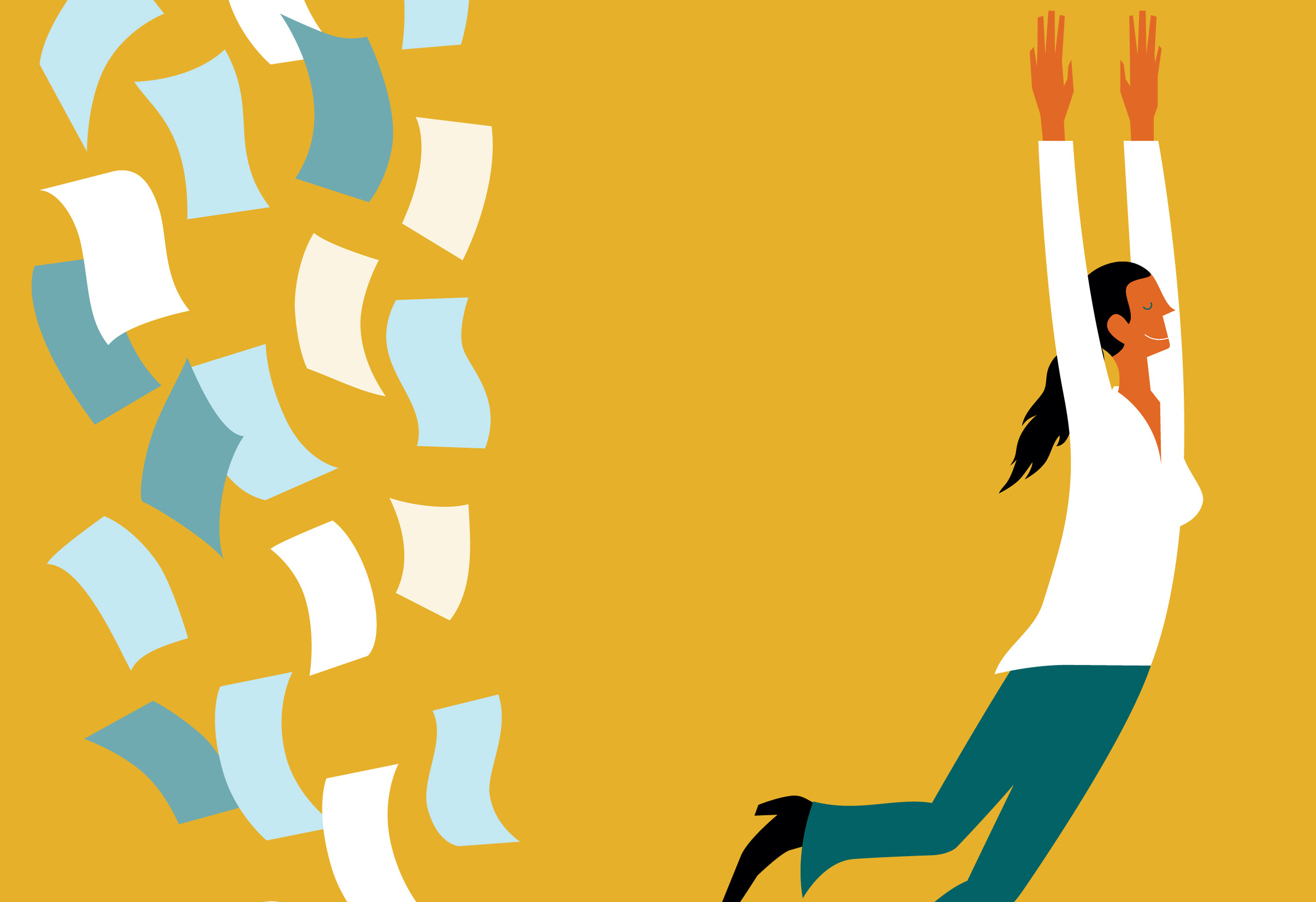
Opinion: Fail again, fail better
Iain Mattaj, EMBL's Director-General, recalls how setbacks helped forge his scientific career


PHOTO: EMBL Photolab
While I was studying for my PhD, gene cloning in bacteria and yeast were still brand new techniques. My initial goal was to harness these exciting methods to study the molecular basis of a rare human genetic condition.
In hindsight, I realise my supervisor had set me an impossible task.
Despite my best efforts, the sophisticated assays I needed simply didn’t exist at the time and I could not make them materialise. After reluctantly admitting defeat, I moved on to another project in a neighbouring lab, studying gene conversion in the fungus Neurospora.
In my new position I was tasked with cloning a mutant gene, in the belief that this could help our understanding of gene conversion at the DNA level. The study was long and arduous: in those days we couldn’t buy the right enzymes to cut and join strands of DNA – we had to painstakingly make them. Support from my supervisor was minimal, as was normal in the UK at that time. We discussed my project twice: once at the beginning, once after my thesis was written.
Despite spending several months teaching myself techniques and eventually cloning the gene, I found it could not provide the new information on gene conversion as I and my supervisor had hoped. My project failed.
When to persist, and when to give up
It would have been easy to get dispirited by these setbacks. But instead, such moments made me realise that I was determined to stay in research. As I battled my way to the completion of my PhD and moved on to a postdoc, I developed a terrific feel for experimental work.
As an experimental scientist – like in many other fields of research – you imagine how something works, set up experiments and test your hypotheses. Oftentimes they just do not work. One of the most important challenges is to develop the skills needed to know when something is a failure because of unreliable experimentation, and when it is a failure of hypothesis. In essence, as scientists we need to learn when to persist and when to give up.
On many occasions, things happen that you can’t predict. One of the hardest times in my career was a postdoctoral project where I realised that the data on which my study was based were deeply flawed: I strongly suspected that the people who did the prior work faked their data. This only hardened my resolve to carry on and do things the right way, which I was lucky to be able to do in a second postdoc.
Failure: part of the adventure
‘Good’ failures, on the other hand, are inevitable when you push in new research directions. In this sense, failure is not something to be afraid of – rather, it is part of a scientific adventure. Knowing when to push on or admit defeat is a judgement call, but one that every one of us can learn to make.
The theme of this edition of EMBLetc is inspired by the reality that failure lies at the heart of the Scientific Method. As Irish playwright Samuel Beckett wrote, “Ever tried. Ever failed. No matter. Try again. Fail again. Fail better.”
Iain Mattaj, EMBL Director-General


